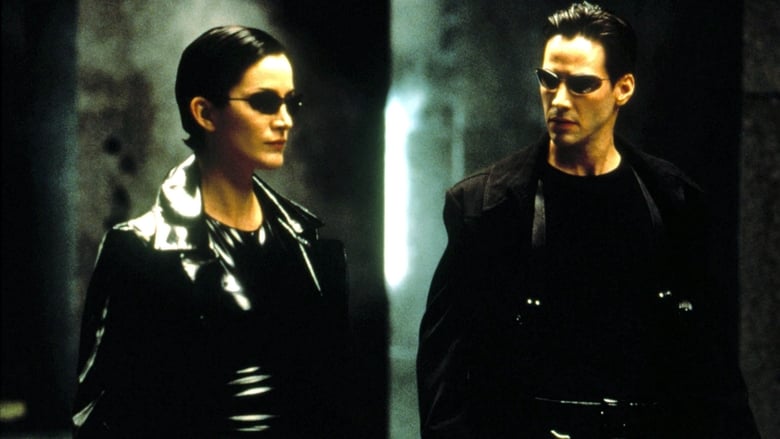Beyond the stars: top dark sci-fi movies and series to watch now
Venture into the shadowy depths of the cosmos and explore the chilling narratives that redefine the science fiction genre. From dystopian futures to mind-bending realities, these titles promise to keep you on the edge of your seat.


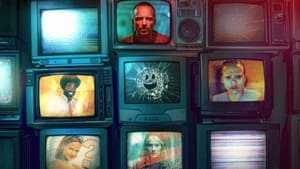
Dark science fiction distinguishes itself by plunging into the grittier, more unsettling aspects of future possibilities. This subgenre isn't just about exploring advanced technology or space; it's a deep dive into the ethical, psychological, and societal impacts of such advancements, often painting a bleak picture of what's to come. Themes of existential dread, the perils of unchecked technological growth, and the fragility of human identity are at the forefront.
Often, these narratives ditch the sleek, optimistic visions of the future for worlds cloaked in shadows and moral ambiguity. Think of Ridley Scott's Blade Runner—a film that, despite its age, continues to cast a long shadow over the genre, influencing everything from set design to narrative themes in later works. Its neo-noir aesthetic, combined with philosophical questions about what it means to be human, set a high bar for dark sci-fi.
In television, series like Black Mirror exemplify this trend, with each episode serving as a cautionary tale about our relationship with technology. Similarly, The Expanse builds a believable and politically complex future where humanity's expansion into the solar system only exacerbates existing conflicts. Whether it's the mind-bending journey through a mysterious zone in Annihilation, the unsettling exploration of AI in Ex Machina, or the stark social commentary of Snowpiercer, dark sci-fi holds a mirror to our present fears and anxieties, amplified by the possibilities of tomorrow.
12. Raised by Wolves (2020)
Raised by Wolves is a science fiction series that follows two androids tasked with raising human children on a mysterious planet. As the children grow, the androids must protect them from religious zealots and the planet's hostile environment. The series is known for its visual style and thought-provoking themes. Created by Aaron Guzikowski, with Ridley Scott directing the first two episodes.

11. Altered Carbon (2018)
Altered Carbon, based on Richard K. Morgan's novel, presents a cyberpunk future where consciousness can be transferred between bodies, called 'sleeves.' Takeshi Kovacs, a former elite soldier, is brought back to life to solve a murder in a world defined by immortality and inequality. The series explores themes of identity, mortality, and the consequences of technological advancements. While the first season was highly praised for its production and world-building, subsequent seasons received mixed reviews.

10. The Signal (2014)
The Signal is a science fiction thriller that follows three college students on a road trip who encounter a mysterious signal. After tracking the signal, they find themselves waking up in a strange facility. As they try to piece together what happened, they begin to suspect they are part of something bigger and far more sinister. The film keeps you guessing with its suspenseful atmosphere and escalating mystery.

9. The Expanse (2015)
The Expanse is a hard science fiction series set in a future where humanity has colonized the solar system. The series follows a group of characters who become embroiled in a conspiracy that threatens to plunge the solar system into war. The show is praised for its realistic portrayal of space travel, its complex characters, and its intricate plot. The series tackles themes of colonialism, class warfare, and the future of humanity. Originally aired on Syfy, it was later revived by Amazon Prime Video due to its strong fan base.

8. Under the Skin (2014)
Under the Skin is an unsettling and hypnotic film that defies easy categorization. Scarlett Johansson stars as an alien who preys on men in Scotland. The film is a visually striking and atmospheric exploration of identity, alienation, and the human condition. Director Jonathan Glazer creates a sense of unease and disorientation through his use of long takes, minimal dialogue, and a haunting score by Mica Levi. The film's improvisational style adds to its sense of realism and immediacy. Many of the scenes were filmed with hidden cameras, capturing the reactions of unsuspecting members of the public.
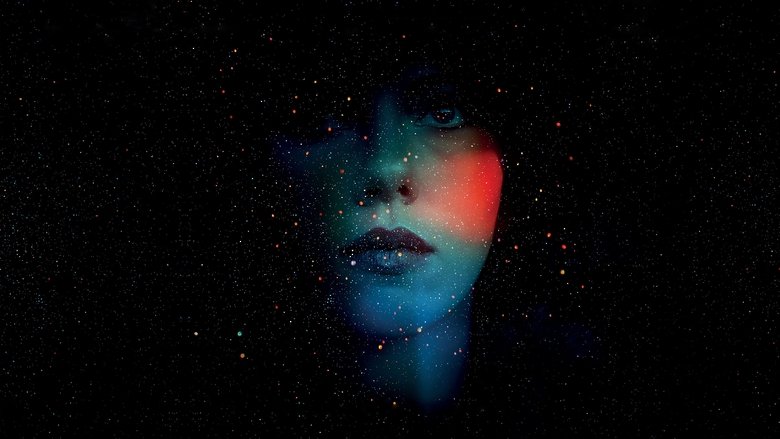
7. Dark City (1998)
Dark City is a neo-noir science fiction film that blends elements of mystery, horror, and fantasy. Rufus Sewell stars as John Murdoch, a man who wakes up in a hotel room with no memory of his past. As he investigates his identity, he discovers that the city is controlled by a group of beings known as the Strangers, who can alter reality at will. The film is a stylish and atmospheric thriller that explores themes of identity, memory, and the nature of reality. Director Alex Proyas creates a visually stunning world that is both beautiful and unsettling. The film's production design, with its gothic architecture and expressionist lighting, is heavily influenced by the works of Fritz Lang and other early German filmmakers.

6. Snowpiercer (2013)
Snowpiercer is a visually striking and thought-provoking film set on a train carrying the last remnants of humanity after a climate apocalypse. The train is divided into classes, with the wealthy living in luxury at the front and the poor crammed into squalor at the back. Chris Evans stars as Curtis, a revolutionary who leads a rebellion to take control of the train. Bong Joon-ho's direction is masterful, creating a sense of claustrophobia and tension that permeates every scene. The film is a powerful allegory for class inequality and the struggle for survival. Tilda Swinton's performance as the villainous Mason is particularly memorable.
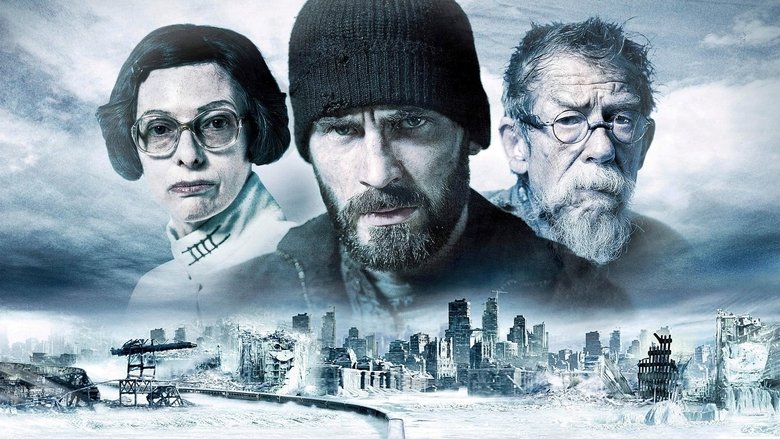
5. Black Mirror (2011)
Black Mirror is an anthology series that holds a dark, often satirical mirror up to modern society and its obsession with technology. Each episode tells a standalone story, exploring the potential consequences of our increasingly connected world. From social media addiction to the ethics of virtual reality, Black Mirror tackles timely and relevant issues with a chillingly plausible edge. Charlie Brooker's creation is a must-watch for anyone who wants to understand the anxieties and possibilities of the digital age. The show's impact on popular culture is undeniable, with many of its dystopian scenarios feeling increasingly prescient.

4. Annihilation (2018)
Annihilation is a mind-bending and visually stunning film that defies easy categorization. Natalie Portman stars as Lena, a biologist who joins a team of scientists to investigate a mysterious zone known as 'The Shimmer.' As they venture deeper into the zone, they encounter bizarre creatures and face the disintegration of their own minds. The film is a surreal and unsettling exploration of self-destruction, transformation, and the nature of reality. Alex Garland's direction is masterful, creating a sense of dread and wonder that permeates every scene. The soundtrack, composed by Ben Salisbury and Geoff Barrow, perfectly complements the film's otherworldly atmosphere. Based on the novel by Jeff VanderMeer.
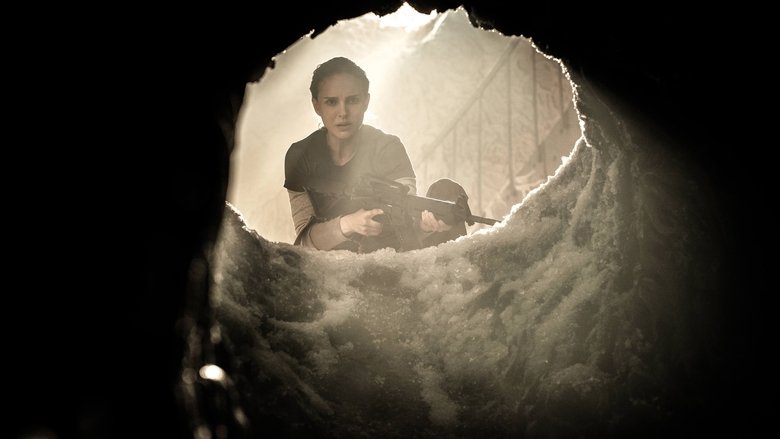
3. Ex Machina (2015)
Ex Machina is a chilling and thought-provoking film that explores the potential dangers of artificial intelligence. Domhnall Gleeson stars as Caleb, a programmer who is invited to evaluate Ava (Alicia Vikander), a highly advanced humanoid robot. As Caleb interacts with Ava, he begins to question her sentience and the motives of her creator, Nathan (Oscar Isaac). The film is a masterclass in suspense, with a minimalist setting that amplifies the tension between the characters. Alex Garland's directorial debut is a smart, stylish, and unsettling exploration of what it means to be human in an age of rapidly advancing technology. The dance scene between Oscar Isaac and Sonoya Mizuno is a surprising and memorable moment of levity amidst the otherwise somber tone.

2. Blade Runner 2049 (2017)
Denis Villeneuve's Blade Runner 2049 isn't just a sequel; it's a masterful expansion of Ridley Scott's original vision. Ryan Gosling stars as K, a blade runner who unearths a secret that threatens the fragile peace between humans and replicants. The film is a visual feast, with Roger Deakins' cinematography creating a breathtakingly bleak and beautiful world. The story delves into complex themes of identity, memory, and what it means to be human. Harrison Ford returns as Deckard, adding a layer of mystery and intrigue to the narrative. Blade Runner 2049 is a slow-burn masterpiece that lingers in your mind long after the credits roll.

1. The Matrix (1999)
The Matrix isn't just a film; it's a cultural earthquake. Released in 1999, it blew minds with its innovative visual effects (bullet time, anyone?), philosophical depth, and a storyline that questioned the very nature of reality. Keanu Reeves stars as Neo, a hacker who discovers the world he knows is a simulated reality created by machines. The film seamlessly blends cyberpunk aesthetics with martial arts action, creating a style that's been endlessly imitated but never truly replicated. The Wachowskis crafted a masterpiece that continues to be analyzed and debated for its layers of meaning and its exploration of free will versus determinism. The Matrix set a new standard for sci-fi action and remains a cornerstone of the genre.
